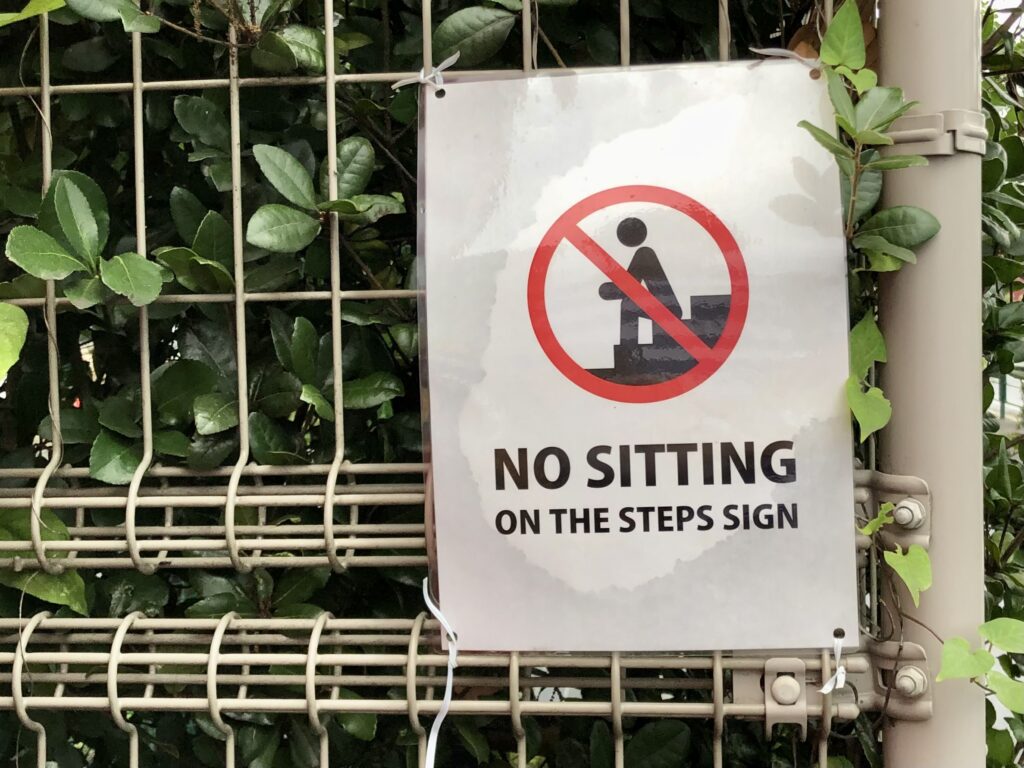I give my wife plenty of opportunities to laugh at my Japanese skills (or I should say lack thereof). I can reasonably well talk about the weather with our neighbors, speak about every day matters with my wife, sufficiently communicate with school teachers, other parents and children’s health professionals. I have also come up with some useful ways to handle situations when my skills are not enough, such as when I have to fill out forms and questionnaires of which there are many many in Japan. When for example a nurse comes with a two page questionnaire for me and my son, and my wife is not there to fill out the form, I quickly before the nurse has time to leave ask her to help me read the questions out loud and write the answers I provide, and so far I have not had my request denied once. Basically, I have come to be able to handle most of every day life in Japanese. But as soon as the conversation starts to get a bit more technical or nuanced, I find myself in big big trouble.
When trying to tell my wife something non-straightforward, I quickly get entangled in my own sentence constructions by trying to say something in a way that is grammatically a dead-end, and the more I try to wriggle myself out of the tangle I got myself in, the more I get stuck and the more comical it gets. Almost without fail my wife starts to smile and enjoys my distressed face before eventually helping me express what I want (and I find that I enjoy seeing her amused face – maybe not the best incentive for language improvement). What I have come to learn is that the number one way to head down a blind alley while speaking Japanese is to try to literally translate something from Swedish or English to Japanese – it so often fails. There are so many grammatical constructs to say things in Japanese, and the way of saying and expressing things are often very different from Swedish and English, so I sometimes feel like if I do not know how to say something, it is meaningless to even try (and quite scary to try with people other than my wife). So when I try anyway – of course it comes out funny.
Our son normally always switches languages depending on which one of this parents he talks to, although it happens that he uses Japanese words when speaking Swedish and vice versa when he only knows the word or expression in one language. But lately I have found that my son is also (although unconsciously I believe) sometimes trying to say things in Japanese using my translational approach when he lacks the knowledge of the expression. It could go something like this:
In Swedish, if you hurt yourself a little and you want to express that it will soon pass, you can say det går över. One way of literally translating this into English would be to say it goes over. So not knowing the Japanese expression for how to tell his mum who kicked her foot on the table that the pain will soon pass, why not just translate literally from Swedish to Japanese? And when he does, it really turns out quite endearing.
I enjoy his little translations phase while it lasts. Very soon I think I will make both my wife and son laugh at my Japanese struggles. The good thing then is that I hopefully will have two teachers to help me improve my language skills. Now that would be a luxury.
Share this story:

